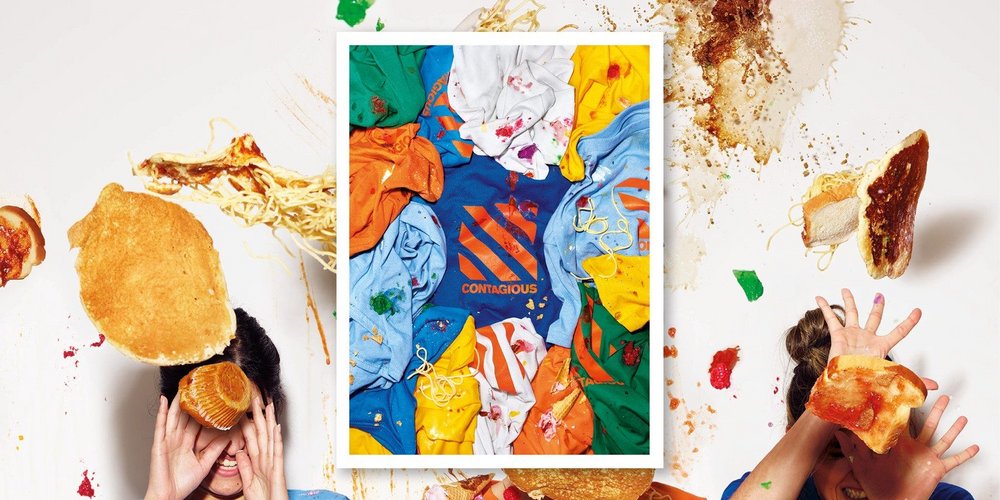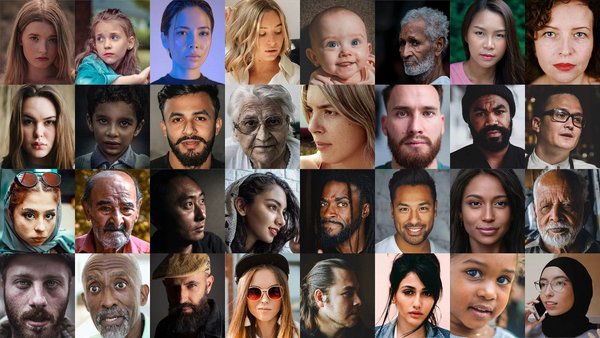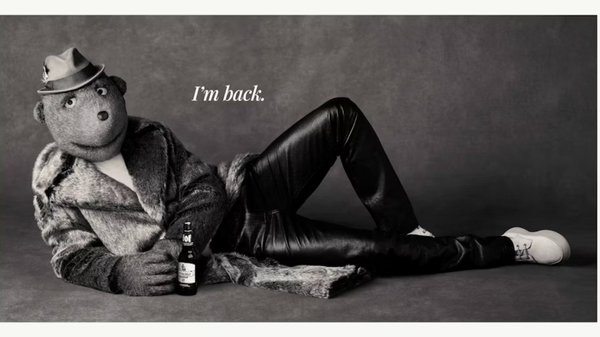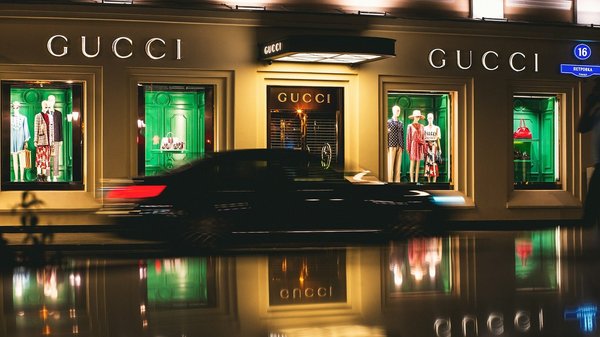Fashion and the metaverse /
Contagious editor Chloe Markowicz on luxury brands’ Damascene conversion to tech enthusiasm
Chloe Markowicz
/
This article was taken from issue 70 of Contagious Magazine, which is out now. You can purchase an annual subscription (4 issues) of Contagious Magazine here.
No sector has welcomed the metaverse quite as enthusiastically as luxury fashion.
This past year, we’ve seen Karl Lagerfeld, Louis Vuitton and Balmain – among others – mint their own NFTs. High-end fashion brands have popped up in video games from Animal Crossing to The Sims. And instead of the usual glamorous models, Balenciaga created an anthropomorphic dog avatar in Fortnite to showcase its latest looks and made these pieces available to purchase both digitally and in real life.
There’s a clear business reason for these brands to be au fait with digital tech. According to management consultancy Bain & Company, 30% of luxury shopping will happen online by 2025, compared with only 22% in 2020.
And yet this new-found embrace of all things virtual is somewhat jarring. When I started at Contagious more than a decade ago, you’d be hard pressed to find many luxury brands – besides Burberry – innovating in the digital space. Net-a-Porter might be more than 20 years old, but many high-end fashion brands did not even have their own ecommerce sites a few years ago. Back in 2017, Reuters reported that while 34.5% of sales of UK department store John Lewis were online, LVMH attributed just 4% of sales to ecommerce.
And when, in 2014, Business of Fashion asked Prada CEO Patrizio Bertelli why he was so sceptical of ecommerce, he shrugged it off, replying: ‘It’s not that I am sceptical, it’s that I have more important things to do.’
One theory about the digital heel-dragging of luxury brands suggests they couldn’t square the democratic access online spaces offer with the exclusivity that luxury brands are supposed to represent. Enter Gucci, a brand that has navigated this paradox like no other. As CMO Robert Triefus says, under the guidance of creative director Alessandro Michele, Gucci ‘has found a way to be an aspirational brand while still being inclusive’. In one of this quarter’s Brand Spotlight articles, we track how its forays into gaming, virtual worlds and NFTs, not to mention its stand-out approach to Instagram and TikTok, have been crucial in keeping the 100-year-old fashion house relevant.
Having launched its ecommerce website in 2002, Gucci could be seen as a digital pioneer. Prada, however, has done a swift180, from pooh-poohing online shopping to dropping an NFT with Adidas this January. As we journey into uncharted digital territory on the road to Web 3, there’s hope in the Damascene conversion of luxury fashion brands that digital reinvention is possible even for brands that seem hopelessly old-fashioned.
Want more of the same? /
We don’t just write about best-in-class campaigns, interviews and trends. Our Members also receive access to briefings, online training, webinars, live events and much more.







